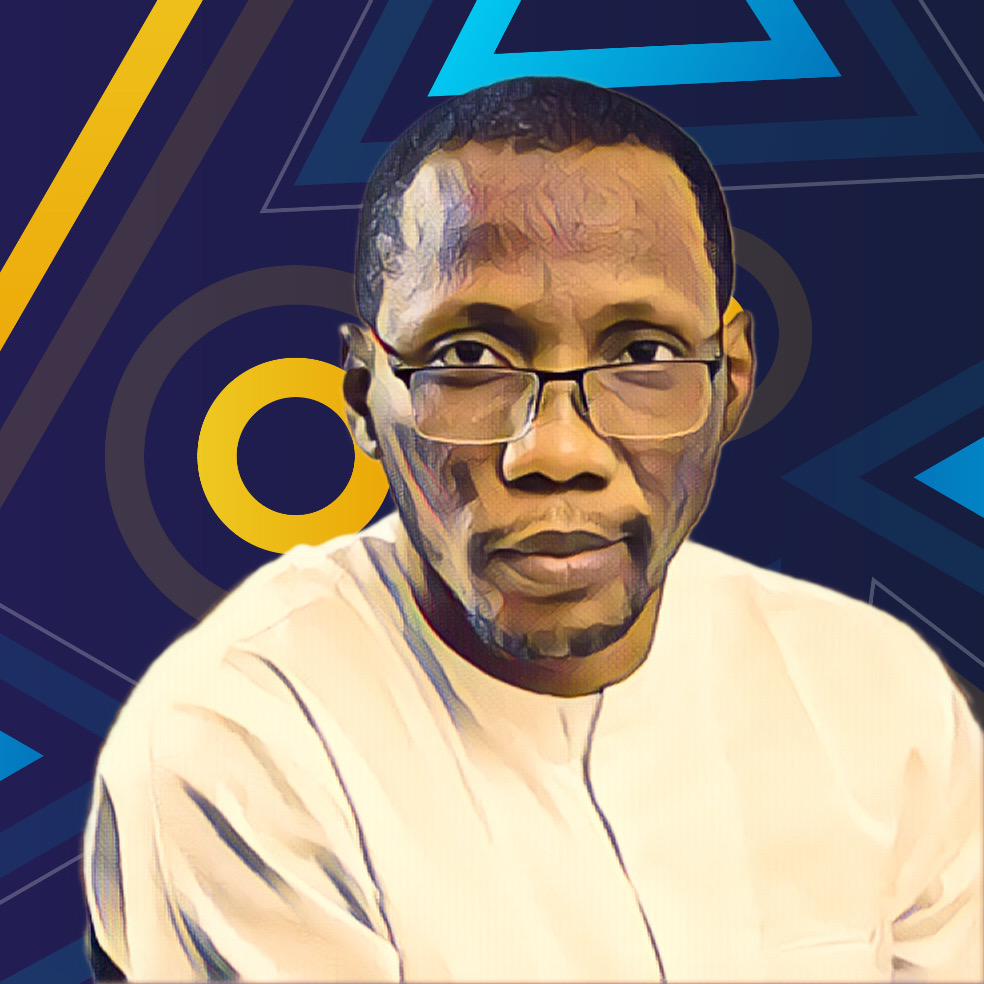Nigeria’s Department of State Services (DSS) has clarified the reasons behind the recent arrest of renowned playwright and Nobel laureate Wole Soyinka. The arrest, which sparked outrage and widespread condemnation, has been attributed to security concerns and alleged actions by Soyinka that the agency deemed threatening to national stability.
A Controversial Arrest
Wole Soyinka, a celebrated figure both in Nigeria and globally, was reportedly taken into custody by the DSS under circumstances that have raised eyebrows and drawn criticism from various quarters. The DSS has come forward to explain that the arrest was necessary due to Soyinka’s involvement in activities that were perceived as potentially destabilizing.
According to DSS spokesperson Peter Afunanya, Soyinka was arrested because of his alleged participation in a meeting with groups that have been under surveillance for activities considered to be against the state. The DSS claims that these meetings were aimed at planning actions that could undermine national security.
DSS Defends Its Actions
The DSS has defended its actions, stating that the arrest was not an attack on freedom of expression or political dissent but rather a precautionary measure to ensure peace and stability. Afunanya emphasized that the DSS operates within the law and is committed to safeguarding the nation from threats, both internal and external.
“We respect every citizen’s right to freedom of speech and assembly, but when such rights are used to promote activities that threaten our national security, we have a duty to act,” Afunanya said. He also stressed that Soyinka’s arrest was conducted with respect to his rights and that he has not been charged with any crime at this stage.
Public Outcry and Reactions
The arrest of Wole Soyinka has triggered a wave of reactions from across Nigeria and the international community. Many have expressed shock and dismay over the DSS’s actions, viewing them as an overreach and a troubling sign of shrinking democratic space in the country.
Various human rights groups and activists have condemned the arrest, calling it an attempt to intimidate critics and stifle dissent. Some political commentators have warned that such actions could lead to increased tensions and unrest, as the public perceives a clampdown on civil liberties.
A coalition of civil society organizations has called for Soyinka’s immediate release and an investigation into the circumstances surrounding his arrest. “This is a blatant misuse of power by the security forces, and it sets a dangerous precedent for our democracy,” said one activist at a recent protest in Lagos.
Soyinka’s Silence Amidst the Controversy
Interestingly, Wole Soyinka himself has remained largely silent on the issue, with no public statements made since his release. His silence has left many speculating about his next moves and whether he will challenge the DSS’s actions legally or through public discourse.
Friends and close associates of Soyinka have described him as being “unfazed” by the incident, noting that he has faced similar challenges throughout his long career as a writer and activist. Soyinka, known for his outspoken views on politics and governance in Nigeria, has often found himself at odds with authorities.
Calls for Dialogue and Understanding
In the wake of the arrest, there have been calls for dialogue and a better understanding between the government and civil society. Political analysts have suggested that rather than resorting to arrests, the government should engage in constructive dialogue with dissenting voices to foster a more inclusive political environment.
As the situation unfolds, many Nigerians are watching closely to see how the government and the DSS will handle this high-profile case. The incident has undoubtedly raised questions about the balance between national security and civil liberties in Nigeria and the extent to which the government will go to maintain control.
Looking Forward: Seeking Balance
While the DSS has justified its actions as a necessary security measure, the arrest of Wole Soyinka has highlighted the need for a careful balance between maintaining national security and protecting the fundamental rights of citizens. The path forward will likely require thoughtful dialogue, transparency, and a commitment to upholding democratic values.
As the nation waits for further developments, there is hope that this incident will lead to meaningful discussions about how to ensure security while respecting freedoms, ultimately contributing to a stronger, more united Nigeria.
Source: BusinessDay.ng


